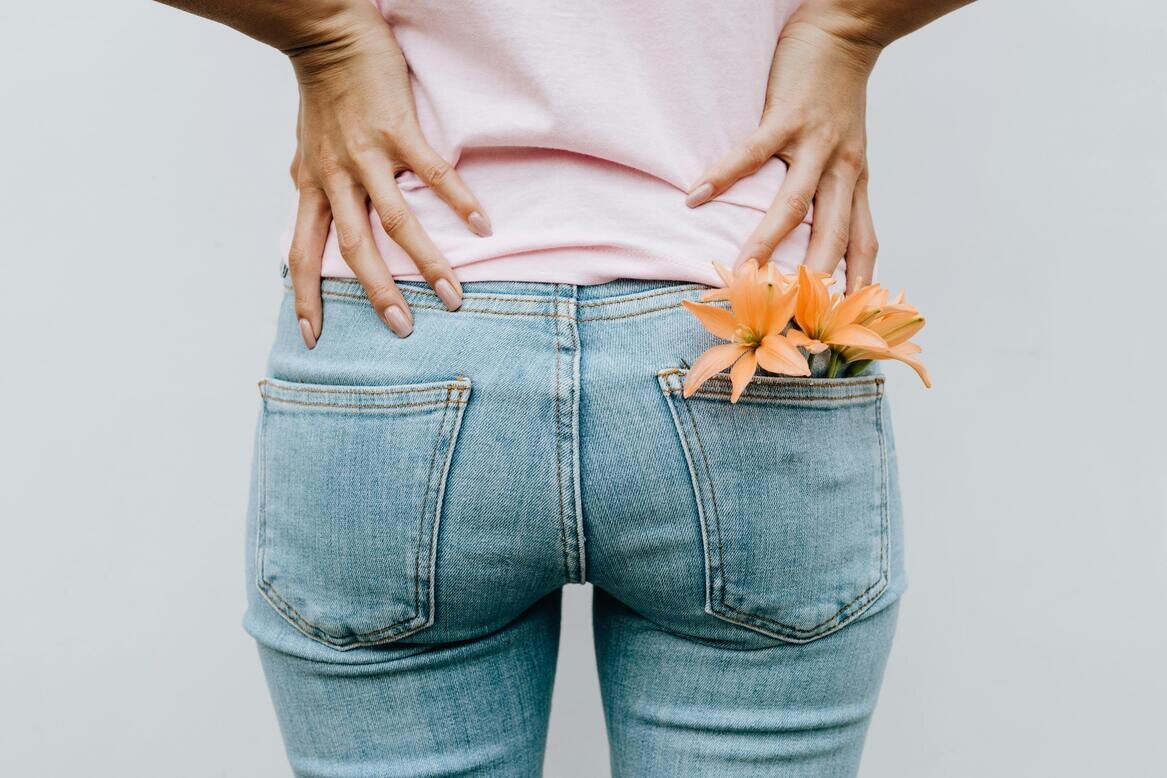Haemorrhoids & Piles
General Health
At SwiftMedi, we understand how uncomfortable - and sometimes embarrassing - piles can feel. From itching and soreness to swelling and pain, they can really affect day-to-day life. The good news is that effective treatments are available to soothe symptoms and help you feel more comfortable, fast.

Frequently Asked Questions
What are haemorrhoids and what causes them?
Haemorrhoids are swollen blood vessels inside or around the back passage. They develop when pressure builds in the rectal area, often from straining, constipation, pregnancy, heavy lifting or long periods sitting. They can cause itching, discomfort or bleeding when passing stools, but many cases improve with simple measures.
What symptoms should I look out for with haemorrhoids?
What helps haemorrhoids heal?
Most haemorrhoids improve with lifestyle changes such as adding fibre, drinking more water, avoiding straining and keeping stools soft. Short courses of creams, ointments or suppositories can reduce swelling and discomfort while things settle. Persistent cases may need specialist treatment.
Are haemorrhoids dangerous?
Haemorrhoids are uncomfortable but rarely serious. They can bleed, itch or become swollen, but they do not increase the risk of cancer. Persistent or severe symptoms should still be reviewed to rule out other causes of rectal bleeding or pain.
When should I see a doctor about haemorrhoids?
Seek medical advice if you experience heavy bleeding, severe pain, persistent symptoms, a new lump, or if symptoms do not improve within a week of self-care. You should also get checked if you are unsure whether haemorrhoids are causing your symptoms.
What lifestyle changes help prevent haemorrhoids coming back?
Adding fibre, drinking plenty of water, avoiding straining, exercising regularly and going to the toilet promptly when you feel the urge all help reduce recurrence. Limiting long periods sitting or standing can also improve venous pressure in the area.
Do haemorrhoids always need medical treatment?
No. Many haemorrhoids settle with simple measures alone, especially if addressed early. Treatment is helpful when swelling, pain or itching interfere with daily life or when home care has not improved symptoms.
What causes haemorrhoids to flare up suddenly?
Can haemorrhoids bleed and is it normal?
Yes. Bright red blood on toilet paper or in the bowl is common with haemorrhoids. Bleeding usually stops quickly but should be checked if it is heavy, frequent or mixed with dark stools, as this may indicate another cause.
Can sitting for long periods make haemorrhoids worse?
Yes. Sitting for extended periods increases pressure on the veins around the anus, which can worsen discomfort or swelling. Regular movement and standing breaks help ease pressure and support healing.
Can haemorrhoids cause itching or burning?
Can haemorrhoids cause mucus discharge?
Yes. Prolapsed haemorrhoids may produce mucus, which can lead to irritation or itching around the anus. Keeping the area clean and dry and treating the haemorrhoids usually improves this.
Can exercise make haemorrhoids worse?
Most exercise is safe and helps prevent constipation, but heavy lifting or high-strain workouts may worsen symptoms. Low-impact activities such as walking, swimming or cycling usually support recovery without aggravating swelling.
Are haemorrhoids linked to pregnancy?
Yes. Many pregnant women develop haemorrhoids due to increased pressure in the pelvic area and hormonal changes affecting blood vessels. They often improve after birth but may need treatment during pregnancy for comfort.
What should I do if home treatments don’t work?
If you have any questions, concerns, or need advice, our team is always available to help, just as you'd expect from your local pharmacy.